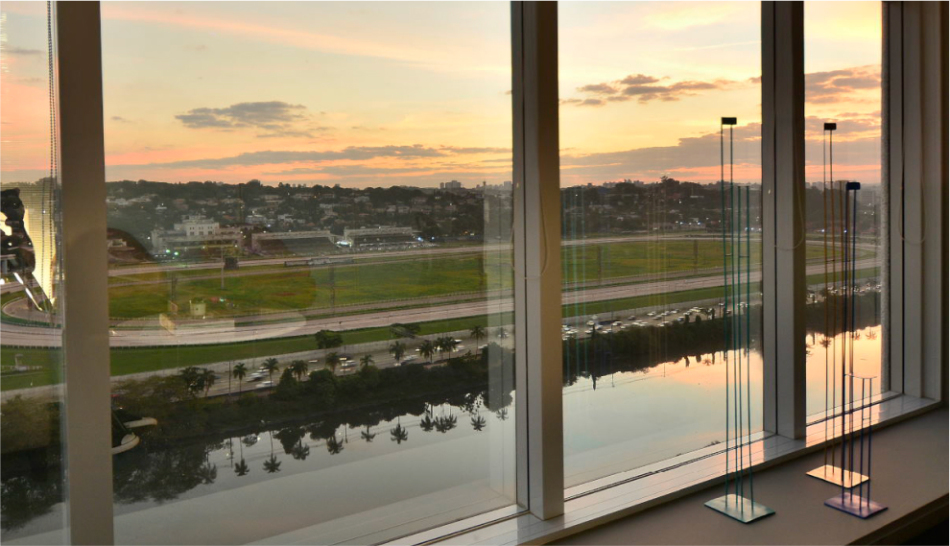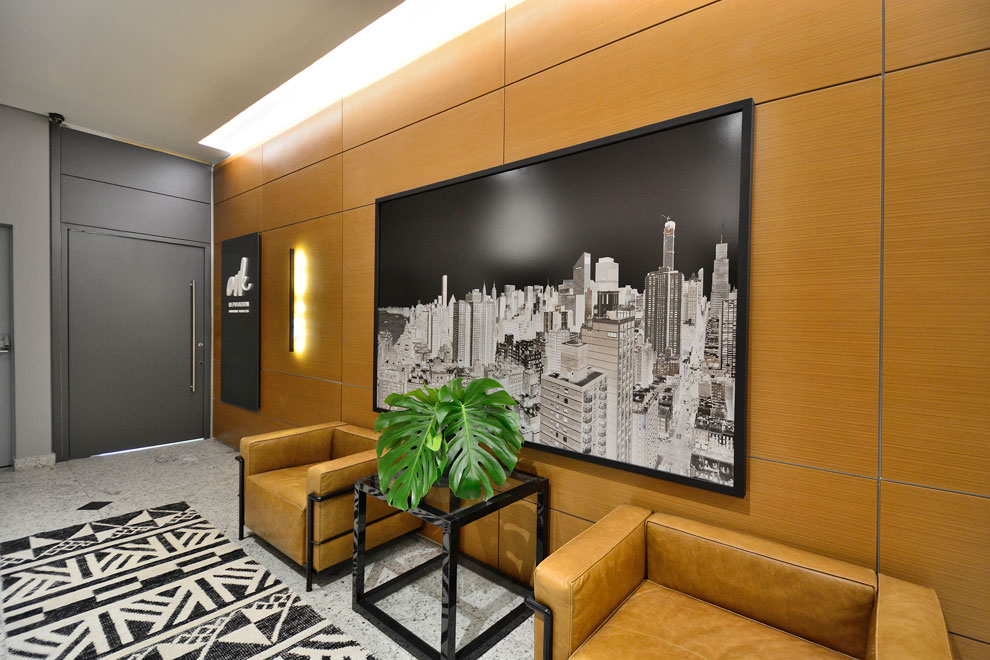
ANK Reputation
To ensure a change of business level, differentiation and recognition, we work with methods and processes to Reputation Management, in addition to offering projects for PR, Institutional Communication, Training and Mentoring.
reputation is the look from the other
It's what people think about another person or company, based on available information and lived experiences. It is a set of perceptions that, favorable or not, determines the feeling and attitude of the public towards someone or an organization.
Related to the external and subjective, reputation is something we cannot control. But we can – and must – manage.
strategic reputation generates results

track record multisectoral and multistakeholder
The ANK methodology considers the particularities of each sector, region and strategic stakeholders of the business. We develop tailored strategies for each challenge.
-

Infrastructure and logistics
-

Manufacturing
-

Technology
-

Healthcare
-

Education
-

Financial market
-

Retail
-

Media and entertainment
-

Entities and institutions
-

Family businesses

ANK Reputation was born from the belief in Brazilian companies, in the power they have to make things happen, and reputation as a strategic asset that drives them through their challenges.
Anik Suzuki,
Founder and CEO of ANK Reputation
O ANK team
The ANK team brings together recognized professionals in their areas of expertise and with multidisciplinary experiences. They are consultants and specialists, who work in project teams, guaranteeing the necessary skills for each challenge.
We also have a network of partners with complementary specialties, which are incorporated into the teams according to the specificities of each project.

Porto Alegre

São Paulo